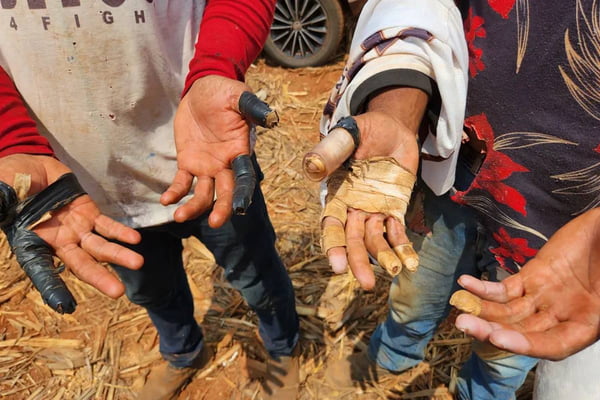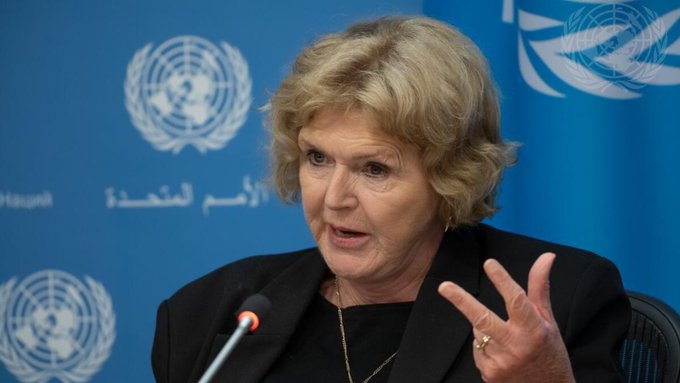Reasons for a yes
Why Brazil should help close Guantanamo prison
.jpg) U.S. President Barack Obama took office in 2009 with the promise to end one of the worst cases of human rights violations in the Americas: the arbitrary and indefinite detention of men in Guantanamo prison. Six years since his inauguration, the closure of the complex has still not materialized. Although this failure is due largely to the successive barriers imposed by the U.S. Congress, Obama still has a promise to deliver before the end of his second term in 2017 – and Brazil can be part of the solution to the problem.
U.S. President Barack Obama took office in 2009 with the promise to end one of the worst cases of human rights violations in the Americas: the arbitrary and indefinite detention of men in Guantanamo prison. Six years since his inauguration, the closure of the complex has still not materialized. Although this failure is due largely to the successive barriers imposed by the U.S. Congress, Obama still has a promise to deliver before the end of his second term in 2017 – and Brazil can be part of the solution to the problem.
Today, 116 people are still detained in the prison, which was opened in 2002 by former president George W. Bush in the wake of the attacks on the World Trade Center and the so-called “war on terror”. According to the latest counts, 51 of them have already undergone an extensive and careful review process by six U.S. agencies (including the FBI and the CIA) and, by unanimous decision, have already been cleared for release.
This is where the Brazilian government comes in. Due to the irresponsible restrictions approved by the U.S. Congress, these people cannot go to the United States. Neither can they return to their countries of origin, given the insecurity and high risk of persecution and torture – such as the case of Yemen, the country of origin of 84% of the men who have already been cleared for release. As a result, the freedom of these people depends on the willingness of other countries to accept them, like Uruguay did in late 2014.

Human rights organizations that work with this issue have emphasized the importance of Brazil opening its doors to the detainees who have been cleared to leave the prison in Cuba. “Guantanamo violates human rights and its existence has been widely condemned around the world. Now, countries like Brazil have the chance to help put an end to one of the most shocking rights violations on the continent,” said Camila Asano, coordinator of Foreign Policy at Conectas.
During the latest Periodic Review of the United States in the UN Human Rights Council, at least 11 States expressly recommended closing the prison. Another 19 mentioned the numerous violations associated with the prison in their statements.
See the countries that have received Guantanamo men:
Given the rapprochement between the Brazilian and U.S. governments, which will culminate in the state visit by President Dilma Rousseff to her counterpart Obama on June 30, Conectas presents five reasons why the closure of Guantanamo and the resettlement of the prisoners in Brazil should be on the agenda for the visit:
1. It is necessary to put a stop to the violations associated with the existence of the prison, such as torture, arbitrary detention and force-feeding. But before Guantanamo can be closed and these violations can end, the complex first needs to be emptied.
2. The origin of Guantanamo is in the United States, but its impact on human rights violations is global. Its existence undermines international law and the consensus that has been built on the prohibition of torture and mistreatment and on the right to due process and to a defense. In a country like Brazil, which has the world’s fourth largest prison population, it is imperative to reinforce the value of these guarantees.
3. No charges are pending against the prisoners who have been cleared for release. After a careful review process, six U.S. agencies (including the CIA and the FBI) unanimously found that these people pose no threat to national security and could finally be released after spending years in prison without formal charges.
4. The resettlement of Guantanamo detainees would be a boon for Brazilian foreign policy. A decision to join the group of countries that have already received prisoners would increase Brazil’s political clout, reasserting its prominence in global crises and setting an example for other countries in the region to follow. President Dilma Rousseff, herself a survivor of torture during the Brazilian dictatorship, has the standing to establish herself as a reference in the struggle to close Guantanamo.
5. The social and political conditions are favorable. Brazil has a tradition of receiving immigrants and refugees and it has adopted humanitarian initiatives in certain cases – like for Haitians and Syrians. Resettling Guantanamo prisoners would also be consistent with the principles of solidarity and non-indifference defended by Brazilian diplomacy.


